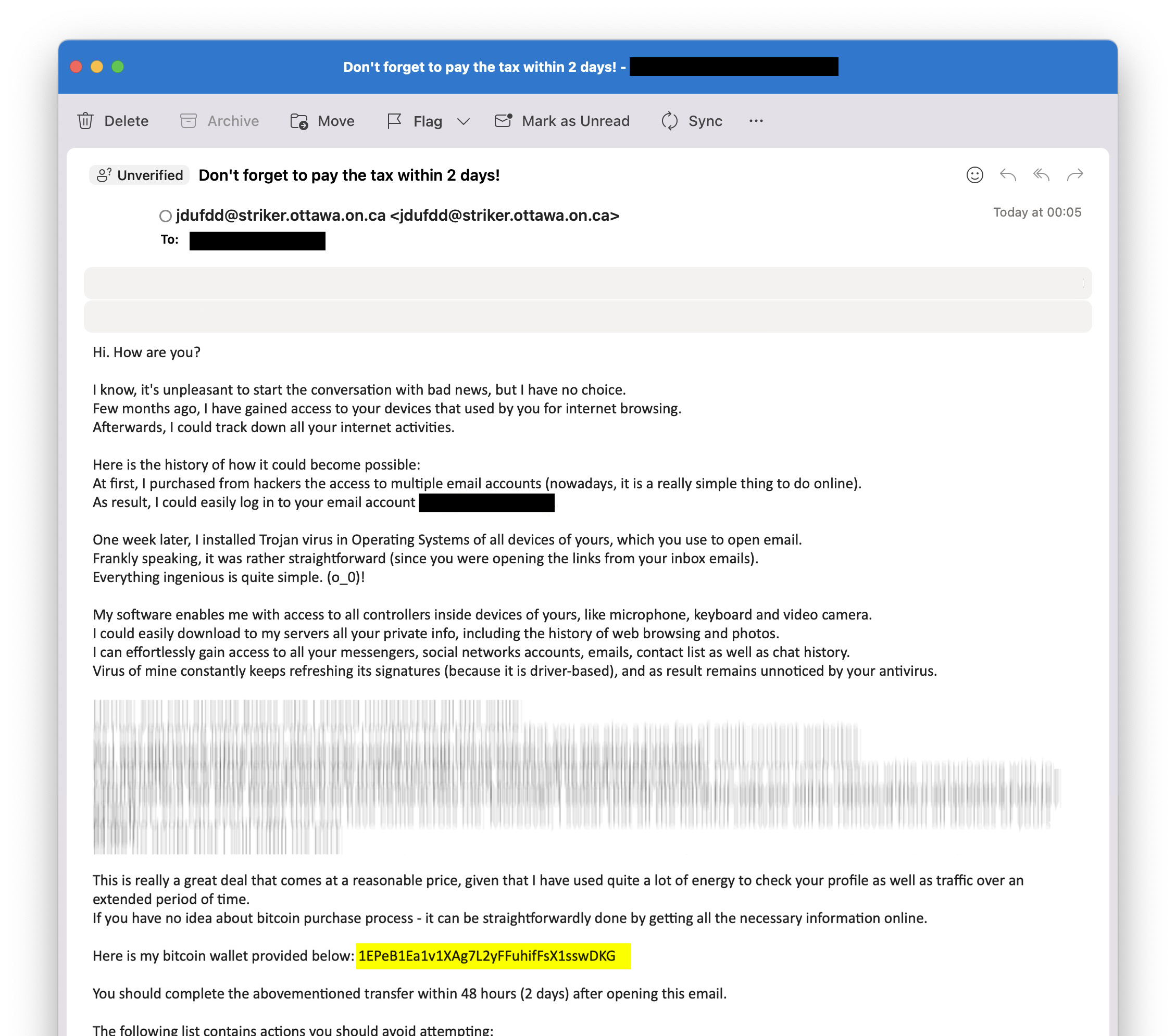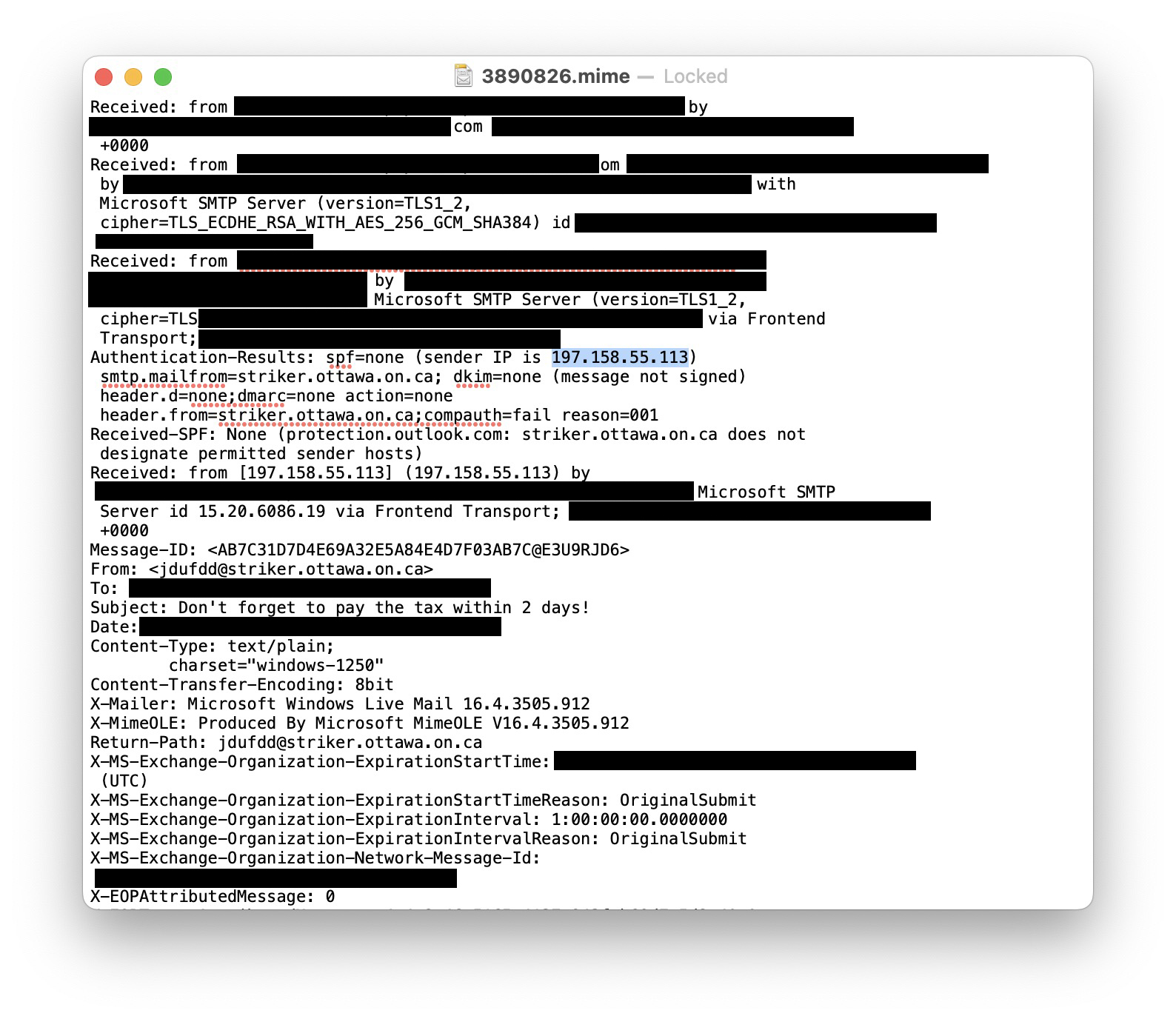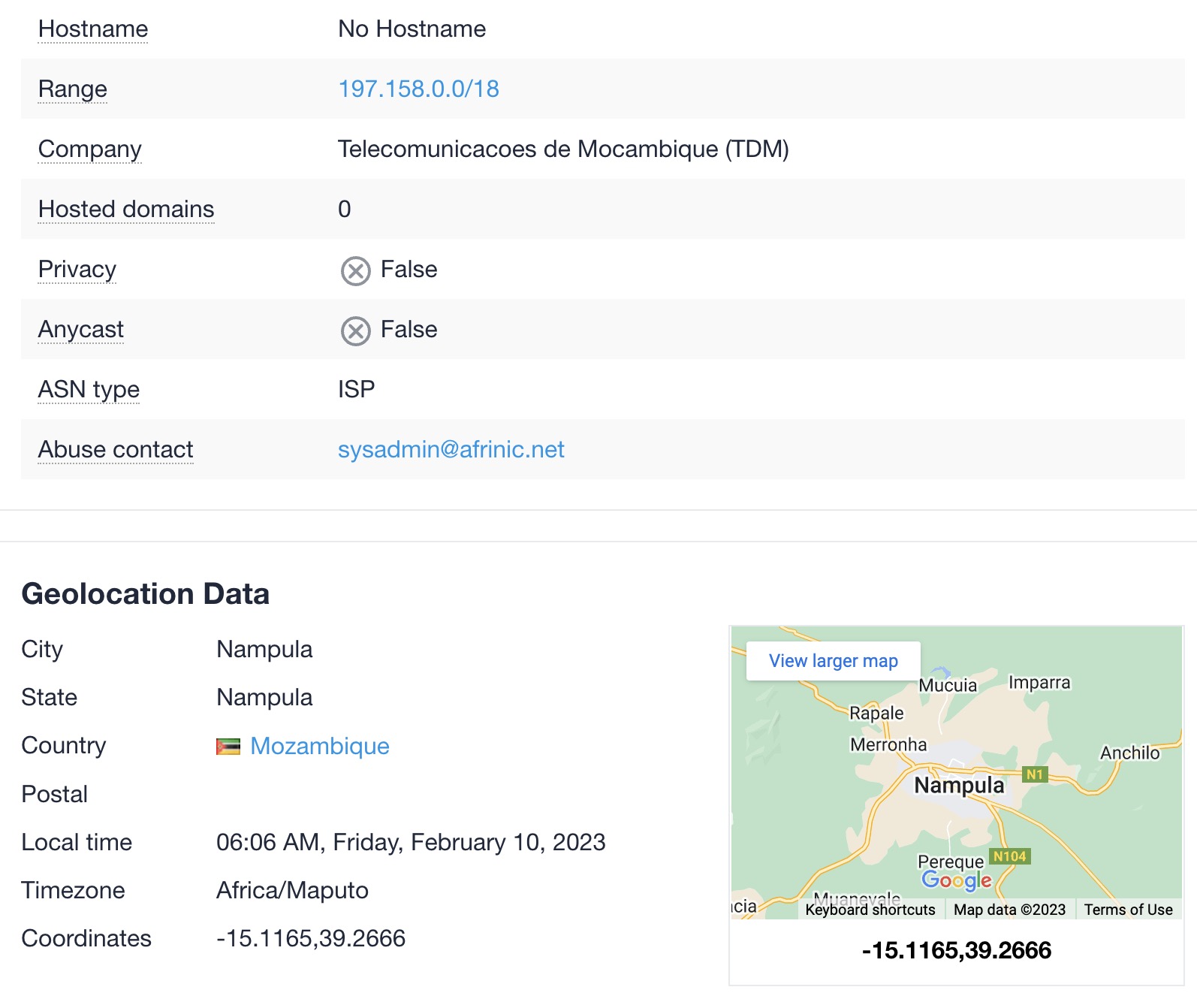The internet and technology have brought about various possible dangers, and cybercriminals have quickly taken advantage. One of the more popular threats is ransomware - malicious software that infects computer systems and demands a ransom from users in exchange for their data. This article will discuss the risks of ransomware and the steps you should take to protect yourself.
A common form of ransomware is Trojan, which disguises itself as legitimate software to gain access to your system. Once installed, the Trojan can steal sensitive information, monitor your activities, or even hold your data for ransom. Hackers may claim that they've been watching your every move since day one, but this could be an attempt to scare you into paying the ransom. They can install a trojan on your system without you knowing, so if they're demanding you buy bitcoins and transfer them over, they're likely trying to scam you out of money instead.
To reduce the risk of falling victim to ransomware, there are several things you can do: keep your software up-to-date to prevent any vulnerabilities from being exploited; be cautious when downloading attachments or visiting unfamiliar websites; back-up all critical data; and look out for signs of a ransomware attack such as encrypted files with demands for payment. If you become a victim, never give in to the needs of the hacker and report it immediately – no matter how scared or intimidated you might feel!




This email kept us laughing, as it contained the same tricks the "hacker" scammer had used to threaten others earlier - that he was watching your every move by installing a trojan on your computer. But if this hacker could access and monitor your machine, why would he need your assistance in buying bitcoins and transferring them over? The use of bitcoins makes it difficult for authorities to trace - giving the hacker an even higher chance of getting away with their scam.
Sorry, we need to repeat this as it is essential!
It's important to never give in to these demands and consistently report suspicious activity to the relevant authorities. There are several steps you can take to protect yourself from becoming a victim of ransomware: keep software up-to-date; be cautious when downloading attachments or visiting unfamiliar websites; back up all critical data; and look out for signs of a ransomware attack, such as encrypted files with demands for payment.
Do not become complacent - if you become a victim of ransomware, it is vital to never give in to the hacker's demands and consistently report the incident immediately. Taking preventative measures and staying vigilant will ensure your data remains secure.





